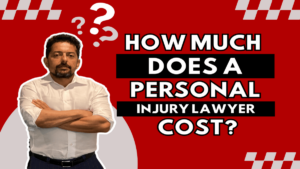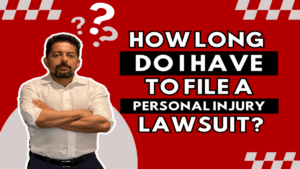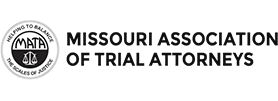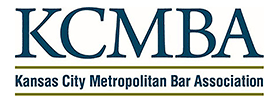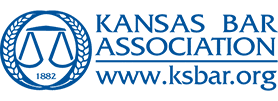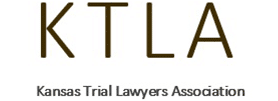Navigating through the aftermath of a car accident can be challenging and overwhelming. One crucial step in this process is making a police report. Today, we bring you insights from Tarak Devkota, an experienced attorney from the Devkota Law Firm, who elaborates on the importance of this critical step.
Our Tri-fold Brochure: 8 Things to Do After a Car Accident
The “8 Things to Do After a Car Accident” guide, prepared by the Devkota Law Firm, provides a straightforward roadmap for victims after a car accident. The fourth point, which is making a police report, is critical for validating the accident details and supporting insurance claims and potential legal proceedings.
Point Four
In the chaos of a car accident, keeping your wits about you can be challenging. One of the most vital steps to take is to make a police report. This action not only validates the occurrence but can play a crucial role in insurance claims and potential legal proceedings.
Critical Importance
A police report offers an official, unbiased record of the incident. It solidifies the fact that an accident occurred, providing a structured document detailing the incident’s circumstances, participants, and potential witnesses. This police report becomes an indispensable tool in your post-accident journey.
Validates Your Incident
From an insurance perspective, a car accident without a police report might as well not have happened. Insurance companies heavily rely on police reports to verify the accident and assess fault. This validation helps to protect your rights and ensure appropriate compensation.
Sharing Your Side of the Story
When an accident happens, it’s not just about the physical aftermath; it’s about telling your story, ensuring your experiences are accounted for, and having this record in the police report.
Ensuring Your Statement
A police report that only includes one party’s statement can lead to bias and misrepresentation. It is crucial to ensure that your version of the facts is clearly and accurately laid out in the report, reducing the risk of being unjustly deemed at fault.
Role of Witnesses
Third-party witnesses can provide an unbiased account of the accident. Their statements can help paint a comprehensive picture of what transpired, strengthening the credibility of your police report.
Overcoming Language Barriers in
Language should not be a hurdle in your pursuit of justice. If you do not speak English, there are avenues you can utilize to ensure your statement is included in the police report.
Importance of Providing Your Statement
Your statement is essential, irrespective of your language proficiency. Non-English speakers should not be at a disadvantage; making sure your version of the facts is included in the police report is paramount for a fair outcome.
Utilizing Translation Services
Translation services can help overcome language barriers. Many police departments offer translators for this specific purpose. Alternatively, enlisting the help of a bilingual friend or family member can also ensure your statement is accurately represented in the police report.
Conclusion
Navigating the aftermath of a car accident can feel overwhelming, but remember, making a report is an essential step that should not be overlooked:
- It offers an official, impartial record of the incident.
- It validates the accident for insurance purposes.
- It ensures your version of events is recorded, reducing the chance of bias.
- It includes witness accounts, adding credibility to your story.
- It provides a solution to overcome language barriers, ensuring everyone has a voice in the report.
If you’ve recently been in a car accident and are unsure of the next steps, don’t hesitate to contact us at Devkota Law Firm. We’re here to help you navigate the challenging journey, starting with the crucial step of making a police report.










